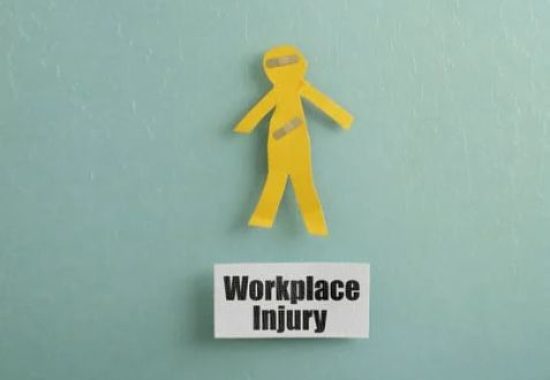
A workplace injury can be a hugely traumatic and disorienting experience. Because of this, it’s essential to seek legal advice to help you find a clear route forward amidst all the chaos.
Despite more jobs inviting more risk than others, anyone can be affected by trauma-inducing accidents in the workplace. The best legal counsel is required in these circumstances. If you know you’re acting on trustworthy advice, you can secure compensation, and the guidance can also help you feel as comfortable and confident as possible in your situation. So, how should you seek legal advice after a workplace injury? The tips below might help you.
Those who provide the best legal advice do not keep all of their counsel behind a paywall. As soon as you arrive at their website, you’ll be met with insightful information that’s freely given. There may be additional resources to utilise too.
For example, PSR Solicitors can help you with your legal needs and assist with accident at work claims. They’re trusted specialists who detail compensation values and factors that influence them and explain how calculations work too. Accident at work statistics also features, as well as lists of dangerous jobs and the common accidents one can suffer. They invite you to get in touch for a free consultation if you have questions.
Legal advice like this is incredibly giving and only has your best interests at heart. The law is known for being cold and calculating, but those with the demeanour of local and friendly experts should be sought out. They will lead with empathy and understanding, so try to look for those qualities.
The world is full of misinformation. Even some of the entities that claim to be your go-to lifeline in terrible situations can be working to deceive and mislead you.
Therefore, when seeking legal advice for serious matters, you must authenticate the legal counsel you’re working with. There are official online resources that can help you check whether somebody is really a solicitor, whether individuals are prohibited from practising law, and whether a trusted body regulates the law firm you work with. You can also look up solicitors’ records of successful cases.
Accreditations, such as those by The Law Society, should also be listed on their website too. They should be touted in individual aspects of their services, like personal injury-related efforts, as well as a legal practice quality mark for client care, compliance, and practice management.
The opinion of regular people matters too. Legal services may also be reviewed online by past clients.
If the consensus is generally positive, it likely means the counsel provided was of good quality and is worth you listening to. Mixed reviews aren’t good enough here, so any service with less than overwhelming praise should be avoided.
You must authenticate the reviews too. Trust more than star rating systems and look for detailed explanations on why the legal counsel was so effective. The more well-written the review is, the better. Legal advice websites will have a review section. Look through it and take your search to reputable third-party websites to check for consistency, ensuring remarks weren’t cherry-picked.
Notifications